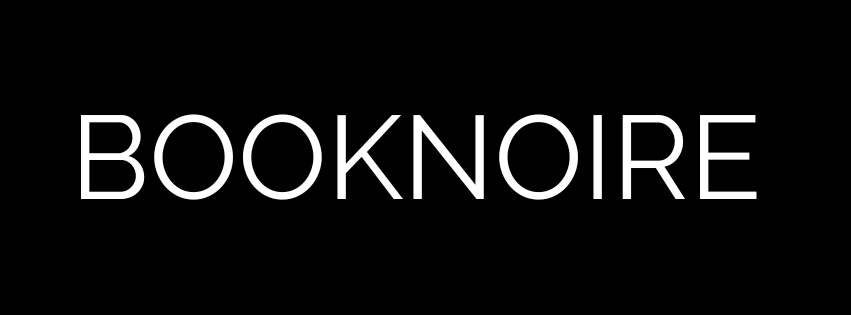A Love Letter To Black Books
My mother once walked past Nkiru Bookshop. Through the window, she saw shelves filled with faces that looked like ours. Nikki Giovanni. Toni Morrison. Stories that made her pause.
The night before, I had told her I did not see myself in the book she was reading aloud. When she spotted Black children on those covers, she understood. A kind man, older than her, helped her choose a book and assured her it was a good one.
When she brought it home, I spun through the house shouting, I’m in the book. I’m in the book.
My father’s influence came differently. He wrote poems in his youth and saved them all in a thick manila folder. I wanted my own folder like his. That desire turned into discipline, and I quickly realized that the more I read, the better I wrote.
So I searched for books everywhere. I ran my fingers along spines, memorized covers, and recited author names like kin. Even if I had not read them yet, I knew where they belonged. You could find me at Patrick Payne’s bookstore in Hempstead, Huemanbooks in Harlem, or the Black Studies section at StrandNYC.
Later, when I drove I-95 back and forth to Hampton University, I stopped in small-town shops. Shelves overflowed with Danielle Steele, John Grisham, and Mitch Albom. But rarely us.
When I did find Black authors, they were tucked away. A half-shelf in the back. A stack in the bargain bin. Sometimes, even left in the “free” pile. That was where I began to collect them. First editions, vintage hardcovers, Zora Neale Hurston, James Baldwin, Richard Wright. It became clear that many bookstores had not considered our stories valuable enough for the front display.
Years later, I learned that the man who sold my mother that book at Nkiru was my partner’s uncle. Before he passed, we spent time in his home. He and his wife welcomed us into a library filled with works by June Jordan and other Black scholars who had shaped generations. Their shelves reminded me once again: we have always belonged in this story.
That full-circle moment is what gave birth to Booknoire. It is about reverence. Each bundle is like a syllabus, like a lesson plan, built for deep immersion into a theme or genre.
And this work is urgent. Black books have always been political. They have been banned, erased, silenced, or hidden. Yet they survive. To sell them, teach them, and place them back in our hands is to resist erasure.
Booknoire is a love letter to Black books. These are not only books I have hunted for, but books that have sat on my family’s shelves. And they are here so that we might all one day run through the house, shouting, I’m in the book. I’m in the book.

